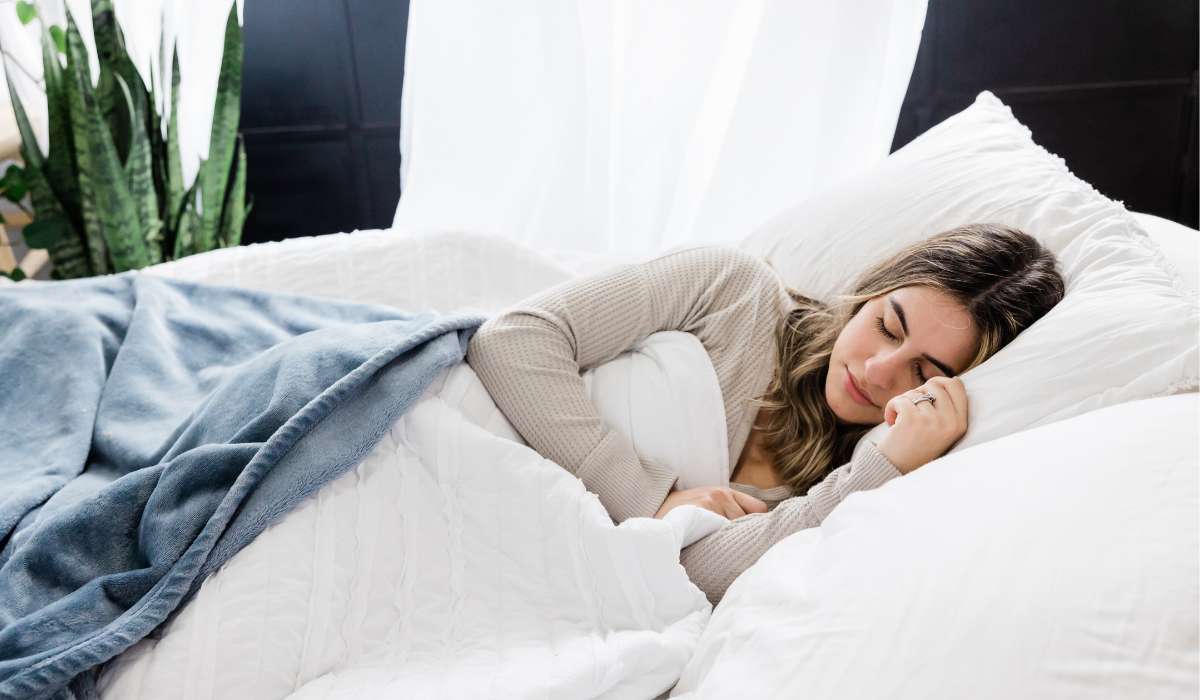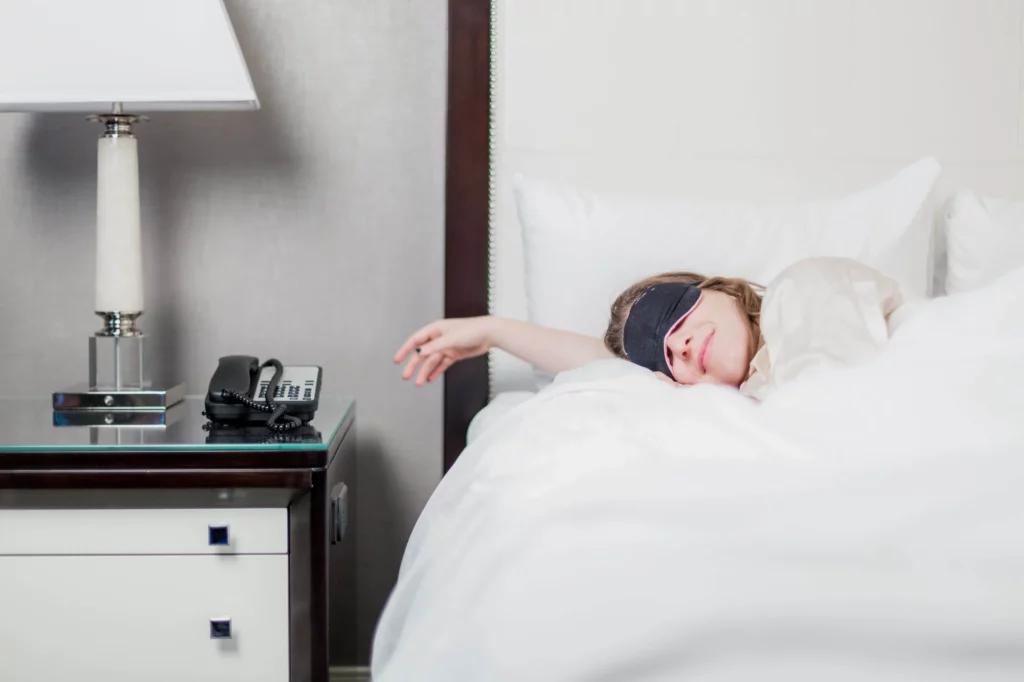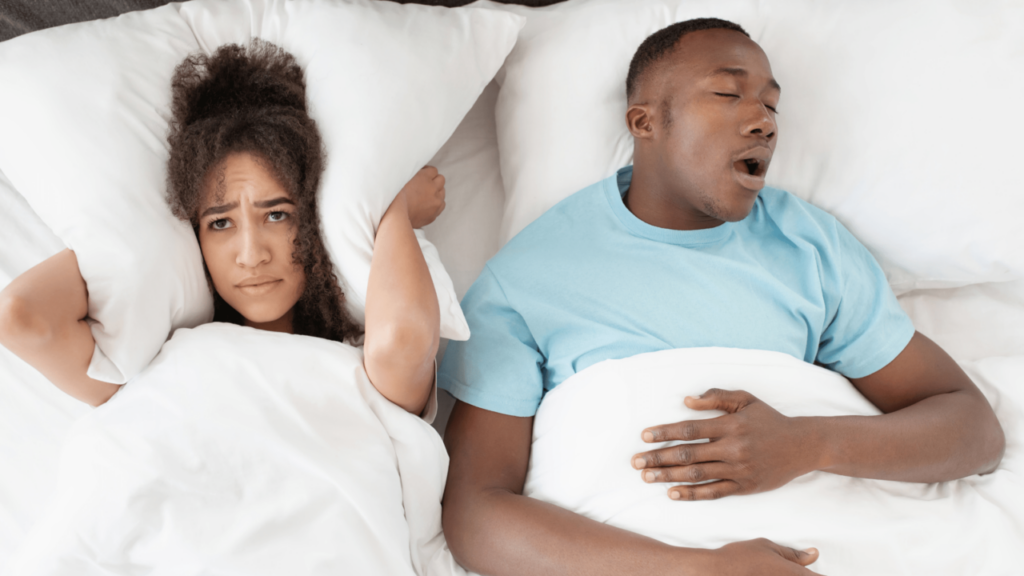Sleep Apnea Test Brisbane: Finding the Best Providers Near You

Sleep apnea is a common yet serious sleep disorder that can significantly impact your health. If you’re in Brisbane and suspect you might have sleep apnea, understanding the test options available and knowing how to choose the right provider is crucial. This article will guide you through the essential aspects of sleep apnea, the testing process, and how to find the best providers in your area.
Understanding Sleep Apnea
What is Sleep Apnea?
Sleep apnea is characterized by repeated interruptions in breathing during sleep. These pauses in breath can last for a few seconds to minutes and can occur multiple times throughout the night. The most common type of sleep apnea is obstructive sleep apnea, which occurs when the muscles at the back of your throat relax excessively, leading to a blocked airway.
In conclusion, understanding sleep apnea test brisbane, its symptoms, and the testing process is vital for anyone suffering from this condition. By careful selection of a qualified provider and preparing properly for your sleep test, you can pave the way for improved sleep and enhanced overall health. Don’t hesitate to reach out to professionals in Brisbane who can assist you on this journey towards better sleep. Remember, you are not alone in this; many resources and support groups are available to help you navigate the complexities of sleep apnea and its treatment options.
Central sleep apnea, another type, occurs when your brain fails to send the appropriate signals to the muscles that control breathing. Complex sleep apnea syndrome is a combination of obstructive and central sleep apnea. Understanding the type of sleep apnea you may have is vital for receiving the correct treatment. In many cases, sleep apnea can go undiagnosed for years, as individuals may not be aware of their breathing interruptions during sleep. This makes education and awareness crucial for early detection and intervention.

Symptoms and Risks of Sleep Apnea
Recognizing the symptoms of sleep apnea can lead to timely diagnosis and treatment. Common symptoms include:
- Loud snoring
- Gasping or choking during sleep
- Excessive daytime sleepiness
- Morning headaches
- Difficulty concentrating
- Irritability or mood swings
Moreover, sleep apnea poses serious health risks if left untreated. It can lead to cardiovascular issues, high blood pressure, diabetes, and even increased risk of stroke. If you experience any of these symptoms, seeking a professional evaluation is essential. Additionally, the impact of sleep apnea extends beyond physical health; it can also affect mental well-being. Chronic sleep deprivation due to interrupted sleep can lead to anxiety and depression, creating a cycle that exacerbates the condition. Individuals may find themselves struggling with daily tasks, work performance, and personal relationships, all of which can suffer from the fatigue and cognitive impairment associated with untreated sleep apnea.
The Importance of Sleep Apnea Testing
Diagnosing Sleep Apnea
A proper diagnosis is the first step in effectively treating sleep apnea. Diagnosis typically involves a comprehensive evaluation, including a physical examination and possibly a sleep study. Sleep studies can be conducted in a sleep lab or at home, and they monitor your breathing patterns, oxygen levels, and heart rate while you sleep.
In Brisbane, numerous healthcare providers specialize in sleep disorders, offering various testing options tailored to individual needs. A qualified provider can help determine which testing method is best suited for you based on your symptoms and medical history. These professionals not only assess the severity of your condition but also consider factors such as age, weight, and lifestyle habits, which can all play a significant role in the development and management of sleep apnea. Additionally, advancements in technology have made it possible to conduct more convenient home sleep tests that provide accurate results without the need for an overnight stay in a lab.
Benefits of Early Detection
Detecting sleep apnea early can lead to significant health improvements. If diagnosed promptly, you can initiate treatment to help manage the condition, leading to:
- Better sleep quality
- Improved mood and cognitive function
- Lower risk of associated health problems
- Enhanced overall quality of life
Healthcare professionals in Brisbane are equipped to provide the necessary evaluations and interventions that can drastically improve your health outcomes. Furthermore, early detection can prevent the escalation of related complications such as hypertension, diabetes, and cardiovascular diseases, which are often exacerbated by untreated sleep apnea. By addressing the condition early, patients can also experience a reduction in daytime fatigue, allowing for more productive days and a greater ability to engage in social and physical activities, which are essential for maintaining a balanced and fulfilling life. Find more about cardiovascular on https://eaht.uol.edu.pk/course/bachelor-of-science-in-cardiovascular-technology/
Types of Sleep Apnea Tests
Home Sleep Tests
Home sleep tests (HST) have gained popularity due to their convenience and ease of use. These tests allow you to monitor your sleep in the comfort of your home. They typically involve wearing a small device that records breathing patterns, oxygen levels, and heart rate while you sleep.
While HST can be an effective diagnostic tool, they may not be suitable for everyone. It’s vital to consult with a healthcare provider to determine if a home sleep test is appropriate for your specific case. Factors such as the severity of your symptoms, your medical history, and any existing health conditions can influence whether an HST is the right choice. Additionally, the accuracy of home tests can be affected by factors like sleep environment and device placement, making it essential to follow the instructions carefully for reliable results.
In-Lab Sleep Tests
In-lab sleep tests, or polysomnography, are more comprehensive and are typically recommended for individuals with more complex symptoms or comorbid conditions. During this test, you will stay overnight in a sleep center where various measurements will be taken, including:
- Brain activity
- Eye movements
- Heart rate
- Respiratory effort
- Oxygen levels
This thorough assessment allows healthcare providers to develop a tailored treatment plan based on detailed sleep analysis. The in-lab environment is designed to minimize disturbances, ensuring that the data collected is as accurate as possible. Technicians will monitor your sleep stages and any apneic events in real-time, which can provide insights into the severity and type of sleep apnea you may have. Furthermore, in-lab tests can also evaluate other sleep disorders, such as restless leg syndrome or narcolepsy, giving a more holistic view of your sleep health.
Patients may find the in-lab experience somewhat daunting, as it involves sleeping in an unfamiliar setting with electrodes and sensors attached to their bodies. However, many sleep centers strive to create a comfortable atmosphere, often allowing patients to bring personal items like pillows or blankets to help ease anxiety. Understanding the process and what to expect can significantly reduce apprehension, making it easier for individuals to focus on their sleep and the importance of accurate diagnosis for effective treatment.
Read more at: Sleep Apnea Test at Home Australia A Comfortable Option for Testing
Choosing the Right Sleep Apnea Test Provider in Brisbane
Factors to Consider
When selecting a provider for your sleep apnea test, consider the following factors:
- Experience and Qualifications: Look for providers who specialize in sleep medicine and have relevant certifications.
- Type of Testing Offered: Ensure the provider offers the type of testing you need, whether at home or in a lab.
- Patient Reviews: Consider feedback and reviews from previous patients to gauge the quality of care provided.
- Insurance and Pricing: Check if the provider accepts your health insurance or offers competitive pricing options for self-pay patients.
In addition to these factors, it’s also beneficial to consider the location and accessibility of the provider. A conveniently located facility can make the process less stressful, especially if you need to visit multiple times for follow-up appointments or additional testing. Furthermore, inquire about the technology and equipment used during the testing process. Advanced and well-maintained equipment can lead to more accurate results, which is crucial for effective diagnosis and treatment planning. To find more about stressful click here.
Questions to Ask Your Provider
Before undergoing a sleep apnea test, it’s important to ask your provider specific questions to clarify the process and expectations:
- What type of sleep test do you recommend, and why?
- How long will the testing process take?
- What should I prepare or bring for the test?
- How soon can I expect results after the test?
Having clear answers to these questions can help alleviate any concerns and ensure you feel confident in your decision. Additionally, it may be helpful to ask about the follow-up process once you receive your results. Understanding how the provider will communicate the findings and what the next steps will entail can provide peace of mind. Some providers may offer a consultation to discuss the results in detail, while others might provide a written report. Knowing what to expect can help you feel more prepared and engaged in your treatment journey.

Preparing for Your Sleep Apnea Test
What to Expect During the Test
Preparation is key to a successful sleep apnea test, whether at home or in a lab. If you’re undergoing an in-lab study, you will be guided through the process by a trained technician who will apply sensors and monitor your sleep patterns throughout the night. These sensors are designed to track various physiological parameters, including your heart rate, breathing patterns, and oxygen levels, providing a comprehensive overview of your sleep quality.
For a home sleep test, you’ll receive a device and instructions on how to set it up. It’s important to follow these instructions carefully to ensure accurate readings. You may be asked to avoid substances like caffeine or alcohol before the test, as these can impact your results. Additionally, wearing comfortable clothing and ensuring your sleep environment is conducive to rest can help you achieve the most accurate assessment of your sleep patterns.
Post-Test Procedures
After your sleep study, your provider will review the data collected to determine whether you have sleep apnea and its severity. This information is essential for developing a tailored treatment plan that may include lifestyle changes, CPAP therapy, or other interventions. The analysis will typically involve looking at the number of apneas or hypopneas you experienced, as well as the duration and frequency of these events, which can help in understanding the impact of sleep apnea on your overall health.
Scheduling a follow-up appointment is essential to discuss your test results and next steps. Understanding your condition and treatment options will empower you to take control of your health and improve your quality of life. During this appointment, your healthcare provider may also discuss additional tests or referrals to specialists, such as a sleep therapist or nutritionist, to further support your journey. It’s also a good opportunity to ask questions about managing symptoms, including tips on improving sleep hygiene and strategies for weight management, which can significantly influence sleep apnea severity.